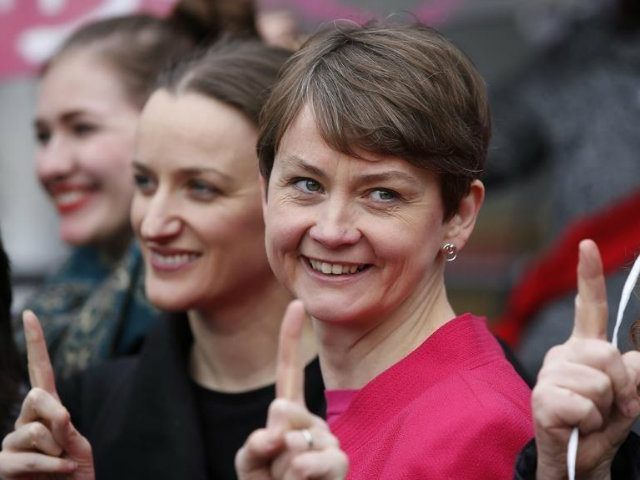Following the premature end to Chuka Umunna’s leadership ambitions, his fellow MPs are setting about the traditional process of exposing the Labour Party’s dirty laundry in public. Splits are appearing between former Cabinet colleagues over their party’s financial record with a stark contrast already to be found in the approaches of Shadow Home Secretary Yvette Cooper and Shadow Health Minister Liz Kendall.
At some stage every candidate for the leadership role vacated by Ed Miliband following Labour’s historic defeat in the recent general election will be asked a variation of the same question – “what do you think of your party’s spending record when you were last in government?”
The specific allegation is normally that the Labour government spent too much prior to the banking crisis of 2007 rather than running a big surplus and having done so left the economy more vulnerable to the ensuing crash. Cooper told BBC Radio 4’s Today programme:
“I think there were things that we were spending wrongly on, there were issues that we would have been spending money, too much money on – for example there were things that went wrong with the NHS computer system, with all sorts of things like that – but the deficit at the time was 0.6 percent, the current deficit, and all the political parties at the time were all supporting the spending plans.”
In other words at that time the Labour government did not overspend. Incidentally this coincided with the time that Cooper’s husband – the recently defeated former MP Ed Balls – was first an adviser to Chancellor of the Exchequer Gordon Brown and later the Economic Secretary to the Treasury. It was also when the OECD warned that the financial crisis arrived at a time the UK was running one of the largest structural deficits in the industrial world which limited economic responses available to the government.
Kendall’s response to a similar question put to her by BBC2’s Newsnight programme was more concise – “We were spending too much before the crash.”
Other candidates for the role have also responded. Andy Burnham, Cooper’s predecessor as Chief Secretary to the Treasury in 2007/8, said blaming Labour for the deficit is a “triumph of political spin over the facts” whereas Mary Creagh was equivocal.
Tony Blair is clearly not standing for the role. When he came to power in 1997 he did so following an election campaign in which, in contrast to some of the current leadership candidates, he acknowledged the spending errors of previous Labour governments. Referring to his own time in office in his autobiography he wrote:
“We should also accept that from 2005 onwards Labour was insufficiently vigorous in limiting or eliminating the potential structural deficit. The failure to embrace the Fundamental Savings Review of 2005-06 was, in retrospect, a much bigger error than I ever thought at the time.”
The Guardian reports Greg Hands, Conservative MP and new Chief Secretary to the Treasury referring to Cooper’s comments by saying: “It is the same old faces peddling the same old ideas.”

COMMENTS
Please let us know if you're having issues with commenting.